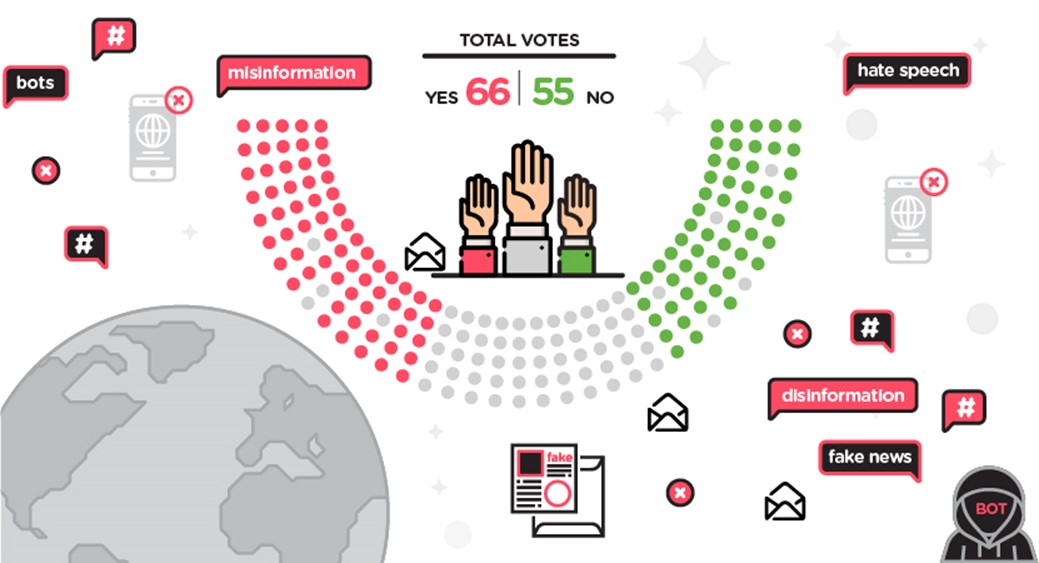
Part 2 – the Russian Threat
In February 2017, Russian Defense Minister Sergey Shoigu openly acknowledged the formation of an Information Army. The Russians see information operations forces are expected to be a far more effective tool for counter-propaganda purposes. In the Russian view, these nonmilitary measures of warfare include economic sanctions, disruption of diplomatic ties, and political and diplomatic pressure. Russia has a very different view of information operations (IO) than the United States (or the West in general). For the Russians IO are a continuous activity, while the Westerners see IO as limited, tactical activity only appropriate during hostilities.
The most effective strategies are likely to be those that are developed and managed on a country-by-country basis. An information defense strategy framework for countering Russian IO offensives should be “whole-of-nation” in character. A discreet US Special Operations Force could provide individual country support as well as cross country coordination.
An effective strategy would include methods for establishing trust between elements of the defense force and the public. The strategy also will include mechanisms to detect the continuously evolving nature of the Russian threat and rapidly adapt.
Auto158
https://www.rand.org/content/dam/rand/pubs/testimonies/CT400/CT473/RAND_CT473.pdf